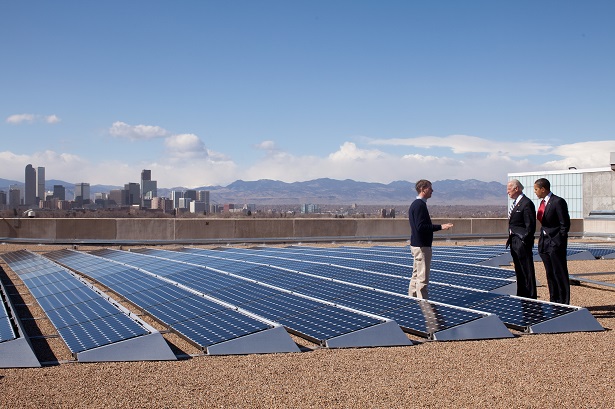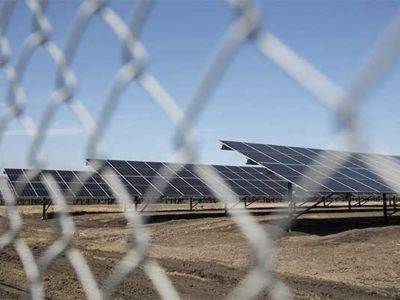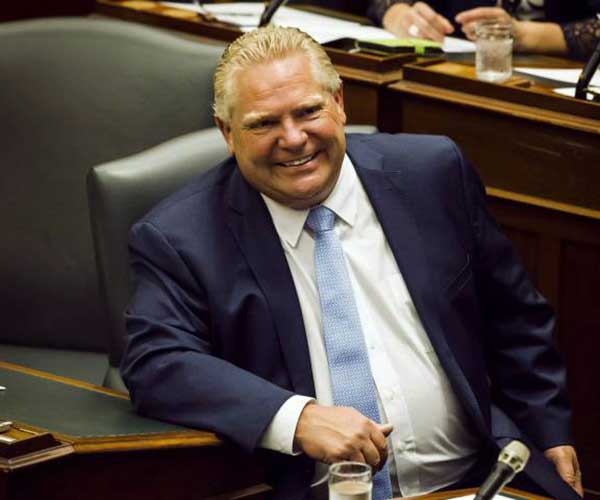Solar power alone could provide all of the energy Americans consume — there is no shortage of solar energy. Strong public policies at every level of government can help unlock America’s solar energy potential, and ease the process to install clean energy for future generations.
To achieve America’s full solar potential:
Local governments should adopt policies guaranteeing homeowners and businesses the right to use or sell power from the sunlight that strikes their properties.
They should also implement financing programs, such as property-assessed clean energy (PACE) financing, adopt bulk purchasing programs for solar installations, and adopt solar-friendly zoning and permitting rules to make it easier and cheaper for residents and businesses to “go solar.”
Municipally-owned utilities should promote solar by providing net-metering, Value of Solar rates, and by making investments in community-scale and utility-scale solar projects.
State governments should set ambitious goals for solar energy and adopt policies – including many of those described above – to meet them.
State governments should also use their role as the primary regulators of electric utilities to encourage utility investments in solar energy, implement rate structures that maximize the benefits of solar energy to consumers, and support smart investments to move toward a more intelligent electric grid in which distributed sources of energy such as solar power play a larger role.
The federal government should continue key tax credits for solar energy, encourage responsible development of prime solar resources on public lands in the American West, and support research, development and deployment efforts designed to reduce the cost of solar energy and smooth the incorporation of large amounts of solar energy into the electric grid.
All levels of government should lead by example by installing solar energy technologies on all government buildings.
What do you think about these recommendations?













Comments